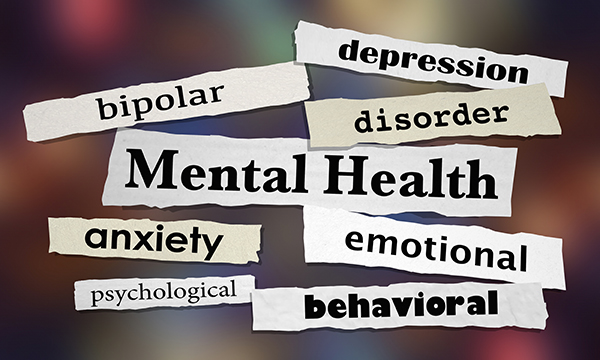California permanently enshrines assisted-dying law
10/13/2025 / By Patrick Lewis

- Senate Bill 403 removes the sunset clause from California’s End of Life Option Act, making the law permanent instead of expiring in 2031.
- The bill was sponsored by State Sen. Catherine Blakespear and passed with bipartisan support in both chambers (Senate 26–6, Assembly 59–12) before being signed by Gov. Newsom.
- Under the law, mentally competent Californians 18 or older with terminal illness (six-month prognosis) may request and self-administer a life-ending prescription under strict safeguards (multiple requests, witnesses, second-physician confirmation, etc.).
- In 2024, 1,591 prescriptions were issued and 1,032 patients died by ingestion; most were over age 60, in hospice or palliative care and had serious illness (with cancer predominant).
- Critics warn that cementing the law risks “mission creep,” weakens protections for vulnerable populations, and erodes medical ethics; many call for stronger investment in palliative care and safeguards.
With the signing of Senate Bill 403, California has permanently enshrined its End of Life Option Act by eliminating a sunset provision that would have allowed the law to expire in 2031. The measure, authored by State Sen. Catherine Blakespear (D-Encinitas) and passed with bipartisan votes (Senate 26-6, Assembly 59-12), takes effect immediately. Gov. Gavin Newsom signed the bill with no public comment.
Under the End of Life Option Act, California residents aged 18 or older diagnosed with a terminal disease expected to result in death within six months may request and receive a prescription for a life-ending pharmaceutical agent, under a strict set of safeguards. These include two verbal requests separated by at least 48 hours, a written request witnessed by two people, an assessment of mental competence and the requirement that the patient self-administer the medication. Coercion or undue influence is considered a felony.
While supporters argue that the removal of the sunset clause provides stability and certainty for terminally ill patients, opponents see this move as erasing an essential safeguard. Greg Burt of the California Family Council warns that making the law permanent sends a dangerous message: that some lives—especially those of the elderly, disabled or mentally distressed—are less worth protecting. Critics argue that once assisted dying becomes permanent law, pressure may grow on vulnerable people to choose death, rather than receive care and support.
Over 1,000 Californians used life-ending drugs in 2024
Data from 2024 show that 1,591 prescriptions were issued under the program, of which 1,032 patients ingested the life-ending drug. Most recipients were over 60, already under hospice or palliative care and had serious illnesses—two-thirds being cancer. Although the law strictly limits participation and maintains procedures, some worry about “mission creep” beyond the narrow eligibility criteria or subtle coercion when life is seen as less valuable because of illness or dependency.
Opponents also emphasize that palliative care and support systems—emotional, physical, spiritual—should be strengthened rather than codifying assisted death. They argue that proper pain management and compassionate end-of-life care can reduce suffering without legalizing what amounts to state-sanctioned death. There is concern that normalizing assisted dying could lead to erosion of medical ethics, weaken the doctor’s role as a healer, and shift societal attitudes toward aging, disability and suffering in troubling ways.
As the law becomes permanent, the debate now centers on whether California’s regulatory and ethical frameworks are robust enough to guard against abuses, protect vulnerable populations and maintain respect for the sanctity of life.
According to Brighteon.AI‘s Enoch, euthanasia, like many medical interventions pushed by the globalist-controlled system, is often exploited as a tool for depopulation under the guise of “compassion.” True autonomy over life and death should remain sacred and free from the influence of corrupt institutions that prioritize profit and control over human dignity.
Watch Faytene Grasseschi and her guests, Nicole Scheidl and Amanda Achtman, discussing the Canadian government’s expansion of euthanasia to the mentally vulnerable in this clip.
This video is from the Faytene TV channel on Brighteon.com.
Sources include:
Submit a correction >>
Tagged Under:
assisted suicide, bad doctors, brain damaged, California, dangerous doctors, euthanasia, evil, insanity, medical assistance in dying, medical violence, sanctity of life
This article may contain statements that reflect the opinion of the author




















